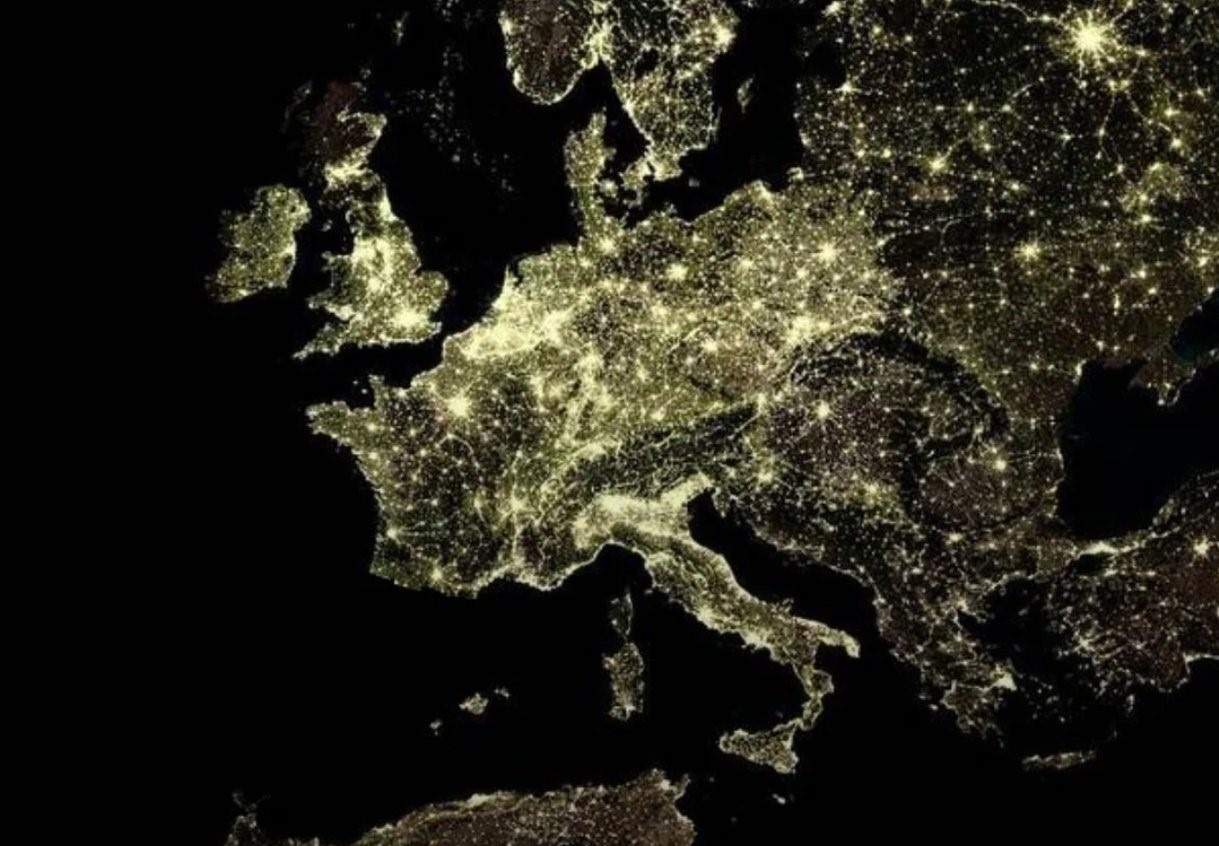After Iberian blackout, EU prepares for cyberattacks
National governments today updated the 'cybersecurity blueprint' to take into account latest technologies and recent experiences, including April's blackout in Spain and Portugal.

National EU telecoms ministers meeting in Luxembourg today adopted an update of the EU’s Cybersecurity Blueprint, stressing that the risk of a cyberattack by hostile foreign actors taking out critical European infrastructure is very real - and may have already happened. Now, the EU and NATO are going to coordinate a hybrid civilian and military response.
Krzysztof Gawkowski, the Polish deputy prime minister who chaired today’s meeting (Poland currently heads the rotating presidency of the EU Council), said after the adoption vote that the updated blueprint will make Europe “better prepared” for cyberattacks which are becoming more and more of a reality. The update “clarifies how member states can detect, respond to, recover and learn from large-scale cybersecurity incidents and cyber crises that could affect the whole EU,” he said. He claimed that Poland is currently the most frequent victim of attempted cyberattacks in the union (presumably from Russia and Belarus) but that the threat is spreading to Western EU countries.
Live from Barcelona: Spain is plunged into darkness, and Canada stands up to MAGA
I’m in Spain today, as are centre-right politicians from across the European Union for the annual party conference of President Ursula von der Leyen’s European Peoples Party. But the unprecedented blackout across the Iberian peninsula yesterday has caused major disruption for people trying to get to it, and has prompted new concerns about Europe’s energy infrastructure and its vulnerability to cyberattacks.
We still don’t know if the dramatic power cut in Spain and Portugal in April was the result of a cyberattack. Certainly, blackouts can and do happen for technical reasons. But possible hostile foreign actors that have been suggested to be behind the blackout have included Russia, Israel and the United States. The cause is still under investigation, and all that is known right now is that the blackout was preceded by two power fluctuations in the electrical grid, the second of which caused Spain's power system to disconnect from the European system and collapse the Iberian electricity network. Similar oscillations and disconnection happened in December 2016 and July 2021 with less severe adverse effects. The Spanish far-right party Vox has blamed the outage on Spain’s high level of renewable energy, but experts say that is probably the least likely explanation.
Spain's National Cybersecurity Institute is investigating the possibility of a cyberattack, even though several Spanish government officials were quick to rule it out. According to a report by the Wall Street Journal, "the outages bear hallmarks of a sophisticated cyberattack on the region's power grid" that fit a pattern of increased cyberattacks in Europe.
The failure to find a smoking gun proving a cyberattack in Spain and Portugal hasn’t stopped the EU from taking action based on the assumption that it very well could have been. Because the Iberian incident was just a taste of what could come if foreign actors are successful in a cyberattack that could cut power, shut down phones and the internet, grind trains and traffic to a halt and bring EU countries to their knees. And, as the document adopted today states, “geopolitical tensions, conflicts and strategic rivalry” have made the likelihood of this happening much greater. So the EU is going to take a number of steps to try to get ahead of this looming menace.




